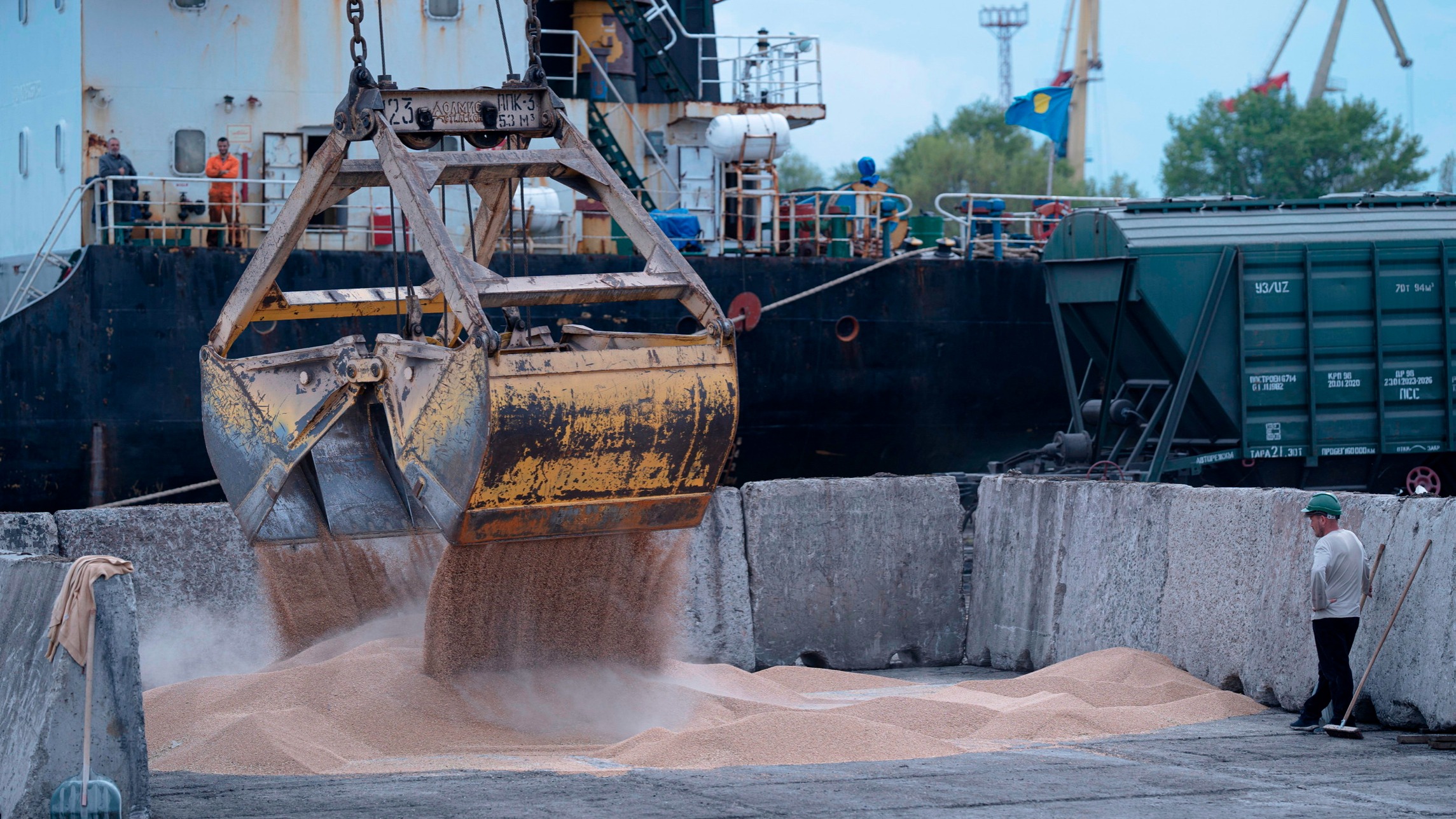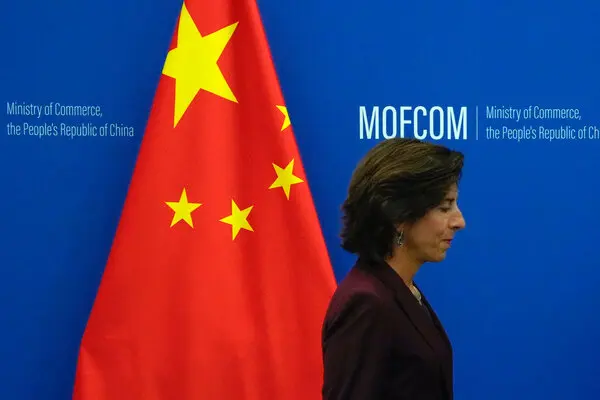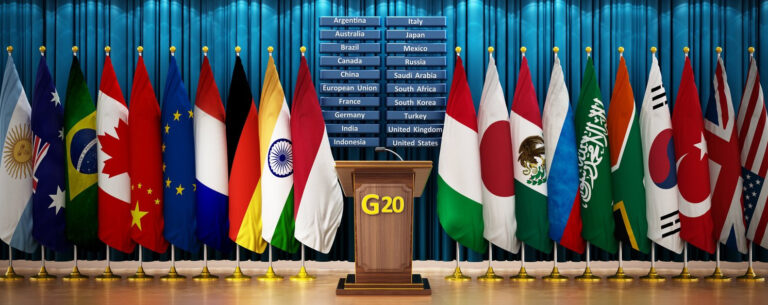Russia’s departure from the Black Sea Deal could cause massive problems for the economies of many developing countries in the Middle East. This wartime grain deal was established between Russia, Turkey, and the United Nations to ease the exports of Ukrainian grain, while also stabilizing rising food prices that resulted from Russia’s invasion of Ukraine. However, with Russia being a major exporter of goods such as wheat, sunflower oil, and barley, its exit from the deal may lead to a reduction of global grain supply. Moreover, it will cause prices of grain to skyrocket, thus leading to greater food insecurity in importing nations.
This situation is especially daunting for countries such as Egypt, the world’s largest wheat importer, and other Middle Eastern countries such as Lebanon and Pakistan. While many countries have varied their sources of wheat and are looking towards alternate foods, the end of the grain deal is causing uncertainty regarding prices. Russia is making it difficult for Ukraine to continue its exports of grain by launching multiple attacks on Ukrainian ports and infrastructure, which further increases the unpredictability of grain prices, and it forces countries such as Yemen to look elsewhere for grain. This ends up adding more pressure on governments, as they have to spend more money to keep bread prices at the same level, while also dealing with diminishing foreign currency reserves.
While the impact of the end of the grain deal is minimal as of now, a continuous increase in wheat prices would add more of a burden on Egypt’s economy, while also affecting Lebanon, which imports around 90 percent of its wheat from Ukraine. As the situation unfolds, Middle Eastern countries are taking various measures to cope with the potential consequences of Russia’s exit from the Black Sea Grain Deal. For example, Pakistan has been increasing its domestic production of wheat, and Egypt has been focusing on stockpiling its wheat reserves. Countries in the Middle East are also forming trade agreements in order to tackle the issue together.
As the region braces for potential price hikes and supply disruptions, cooperation, innovation, and adaptive policies will play a crucial role in mitigating the impact of Russia’s exit from the Black Sea Grain Deal. Help will also come from humanitarian organizations and the international community, who will step in to help those in need. The situation remains fluid, and governments in the Middle East are closely monitoring developments to respond effectively to the evolving grain market dynamics.








+ There are no comments
Add yours